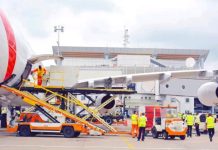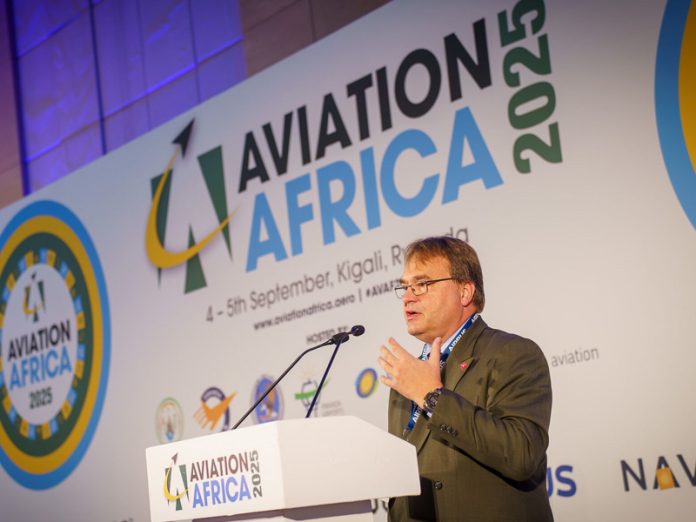The International Air Transport Association (IATA) has revealed that Nigeria’s aviation sector contributes $2.5 billion annually to the nation’s Gross Domestic Product (GDP), accounting for 0.7 per cent of the economy, while supporting more than 217,000 jobs.
IATA’s Regional Vice President for Africa and the Middle East, Kamil Alawadhi, disclosed the figures in a report released to mark Nigeria’s 65th independence anniversary. He described aviation as a powerful engine for economic and social development, stressing that with Nigeria’s youthful population and rapid growth rate, the sector has immense potential to fuel future prosperity.
According to IATA data for 2023, aviation in Nigeria directly employed 39,500 people, generating $702 million in output, equal to 0.2 per cent of GDP. When combined with wider supply chain activity, employee spending, and tourism, the sector’s contribution rises to $2.5 billion and over 217,000 jobs.
Tourism supported by aviation added $454.1 million to GDP and provided 66,600 jobs, while international tourists spent an estimated $760.2 million in Nigeria last year. Air connectivity also enabled 195,700 tonnes of cargo movement, boosting the nation’s trade volumes.
On passenger flows, Europe remained Nigeria’s largest international market, accounting for 780,700 passengers or 38 per cent of total departures. This was followed by Africa with 485,400 passengers (23 per cent), and North America with 373,000 (18 per cent). In total, international air traffic represented 23 per cent of all origin-destination departures in 2023, equivalent to 2.1 million passengers.
Alawadhi highlighted that air transport provides more than just economic benefits, noting its role in connecting communities, facilitating access to healthcare and education, enhancing cultural exchange, and driving the UN Sustainable Development Goals.
He added that while aviation brings significant value, affordability remains a challenge. Despite a 43 per cent drop in real airfares between 2011 and 2023, the average Nigerian still needs to work 37.6 days to afford a plane ticket. Overall, 40 flights per 1,000 population were recorded in 2023.
“Aviation stimulates trade, investment, innovation, and knowledge exchange. It expands a nation’s productive potential, reduces poverty, and improves living standards. Nigeria is well positioned to harness this power for sustainable growth,” Alawadhi said.













